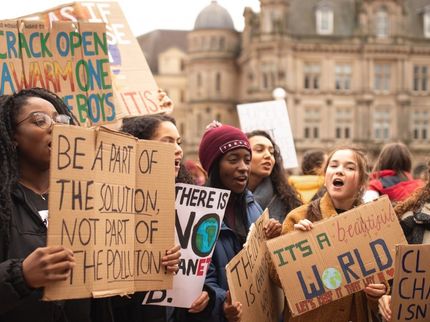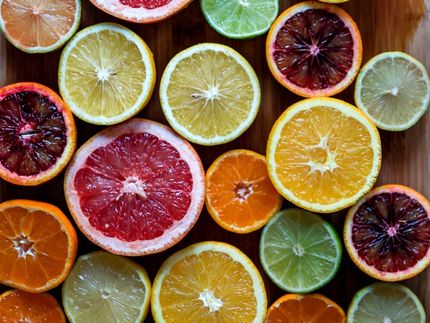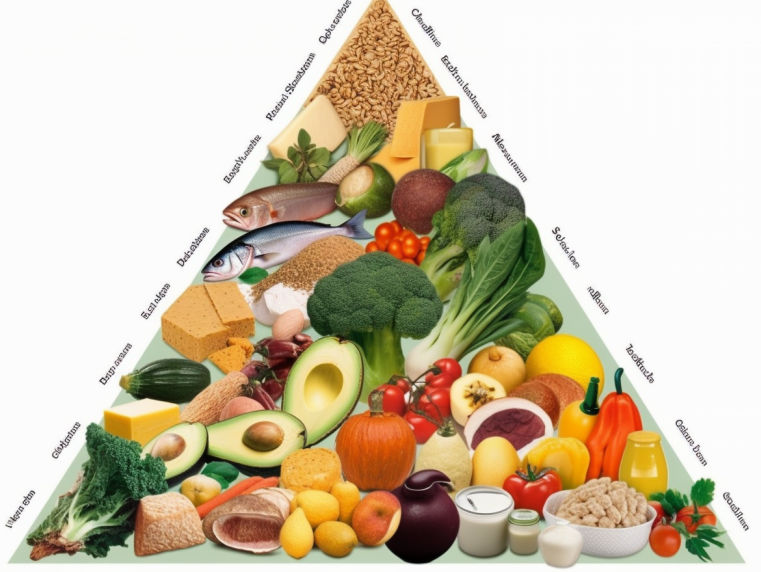Nestle freshens up its image with vegetarian meals takeover
The maker of Hot Pockets wants to go vegetarian, California-style.
Nestle, the world's biggest food and drinks company, is buying husband-and-wife startup Sweet Earth, which sells frozen burritos stuffed with quinoa, beans and other vegetarian ingredients.
The move echoes efforts by packaged food conglomerates across the world that have been trying to appeal more to consumers who favor fresher foods, smaller, local brands and are worried about the ingredients they eat.
Nestle, whose frozen food brands include Lean Cuisine and Stouffer's, recently invested in online meals company Freshly, which delivers cooked meals to customer's doorsteps that it says are gluten-free and don't contain refined sugars. In 2012, Campbell Soup bought natural foods maker Bolthouse Farms.
And on Thursday, rival Unilever said it was buying Pukka Herbs, a small but fast-growing organic herbal tea business.
"This segment has been identified for us globally as a key area a few years ago," said Wayne England, head of strategic food operations at Nestle. "Giving the world better access to vegetarian-based or plant-based food is something we want to do."
Nestle, which is based in Vevey, Switzerland, said Sweet Earth, which reportedly had $25 mlllion in revenue last year, will remain a stand-alone business, and stay at its headquarters in Moss Landing, California. It declined to specify the cost of the deal.
Gaurav Gupta of the strategy management firm Kotter International said the Sweet Earth and Pukka deals amounted to "another reminder that food businesses need to look outside for innovation and growth."
Nestle will need to scale up Sweet Earth and draw on its knowledge and processes if it hopes to reap the full benefits from the deal and alter the consumer's conception, he said. Many people associate Nestle with chocolate and coffee.
"Really changing consumer perceptions will take a shift in products within the core brands, not just adding on some healthier products through acquisitions," said Gupta in an e-mail.
Sweet Earth co-founder Kelly Swette, who will continue to run the company with co-founder and husband Brian, said in an interview: "We believe in redefining frozen food."
She said several companies approached Sweet Earth about a buyout, but declined to name them. The deal with Nestle, she said, will help get Sweet Earth into more frozen food aisles. It's currently in more than 10,000 stores, including Walmart and Whole Foods. England said Nestle wants to protect and grow the Swette's relationship now with 273 Whole Foods stores.
Sweet Earth's best-selling products are its burritos, but it also sells other frozen meals, including mushroom ravioli and veggie burgers. "At the moment, if you look at the range at Sweet Earth, it's very much hand-held: Burritos, this kind of (product) ... and think we can work with them to extend it into frozen meals," Nestle's England said. "We can help them accelerate."
Nestle says the deal will give it "immediate entry" into the plant-based foods segment that is expected to be a $5 billion market within three years. It says up to half of all U.S. consumers are seeking more such foods in their diet.
It said the Sweet Earth acquisition is aimed to complement its growing vegetarian, plant-based offer in Europe, such as "charcuterie vegetarian" - essentially plant-based cold cuts - under the Herta brand in France, and the launch of the Garden Gourmet line. It says the market has been growing in high double-digit percentage rates.
"We would see this Garden Gourmet brand being our Sweet Earth of Europe, and then within that, we would look for the products to be shared," England said.
At its core, the deal is about Nestle's need to constantly adapt to changing consumer tastes, particularly among health- and "authenticity"-minded consumers like many Millennials these days.
Such consumers "look for more transparency, more natural, more ingredients they understand, that can relate to their own kitchens," England said. "We have a drive to find the trend of authenticity in every one of our products."(dpa)

































































